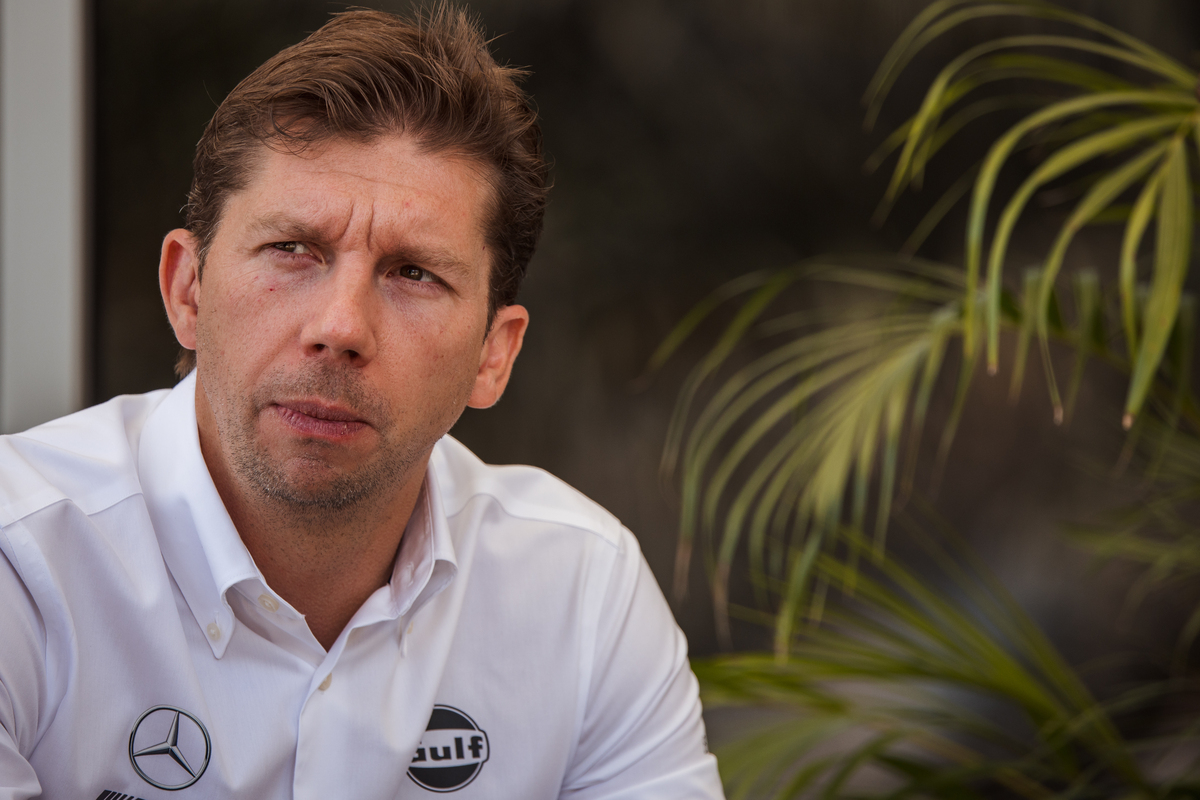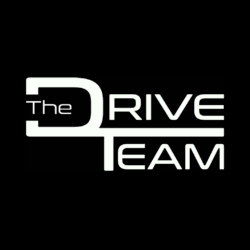

New Williams boss James Vowles has said he will not rush the appointment of key staff, such as a technical director, as he looks to rebuild the world championship-winning team.
Vowles joined the squad last month and has stated that his focus is on the long-term success of the team more than the short-term.
Though he’s been in the job less than a month, an area of improvement he has already identified is a lack of talent in key roles.
Williams currently does not have a defined technical director following the departure of FX Demaison in concert with former team principal Jost Capito last December.
However, Vowles is not going to rush any appointments and will instead look for the right candidate with a view to rebuild Williams for long-term success.
“We certainly are not going to shortcut it to fill technical roles,” he told invited media, including Speedcafe.com, in Bahrain.
“We will find the right people and put the right people in place.
“In terms of core structure for the car as well, we’re not going to rush next year’s chassis, we’ll make sure we do this in the way that I’m more used to – take our time about it but make sure we take chunks of performance as we do that.”
Searching for talent
On the staffing front, the Williams boss is unsure whether that means promoting from within or seeking talent externally.
“I’m a firm believer in fundamentally ensuring that we have growth within our sport,” he said
“There are some incredible individuals that are ready to be technical directors.
“So first and foremost, it’s someone with Formula 1 experience, it’s not going to be someone from outside of our sport.
“Someone that’s been in the role, perhaps wants a change of scenery, or someone that has been really up against the glass ceiling and ready and waiting and has all the ability to do so but hasn’t had the opportunity.”
Car development
That’s just one of the aspects Vowles is looking to rebuild at Williams, with car performance currently of secondary concern to an extent.
However, that does not mean the team will not put effort into this year’s car at the expense of chasing longer-term gains.
“There’s a balance,” Vowles admitted.
“Basically, the intent of the organisation is incredibly clear; if you have a choice between making a decision that improves us next week, or one that can improve us significantly more in six months, 12 months, 24 months, you go with the latter of those two decisions.
“You still have a wind tunnel, however, that has to go through the process it normally would do to evaluate performance, and that will, I’m sure, result in performance that we can add to the car this year.
“Furthermore, there’s some elements that aren’t quite optimised and again, these don’t necessarily have a large cost on next year’s performance package but allows the learning to move forward.
“That’s where we invest our time and our money.”





















Discussion about this post